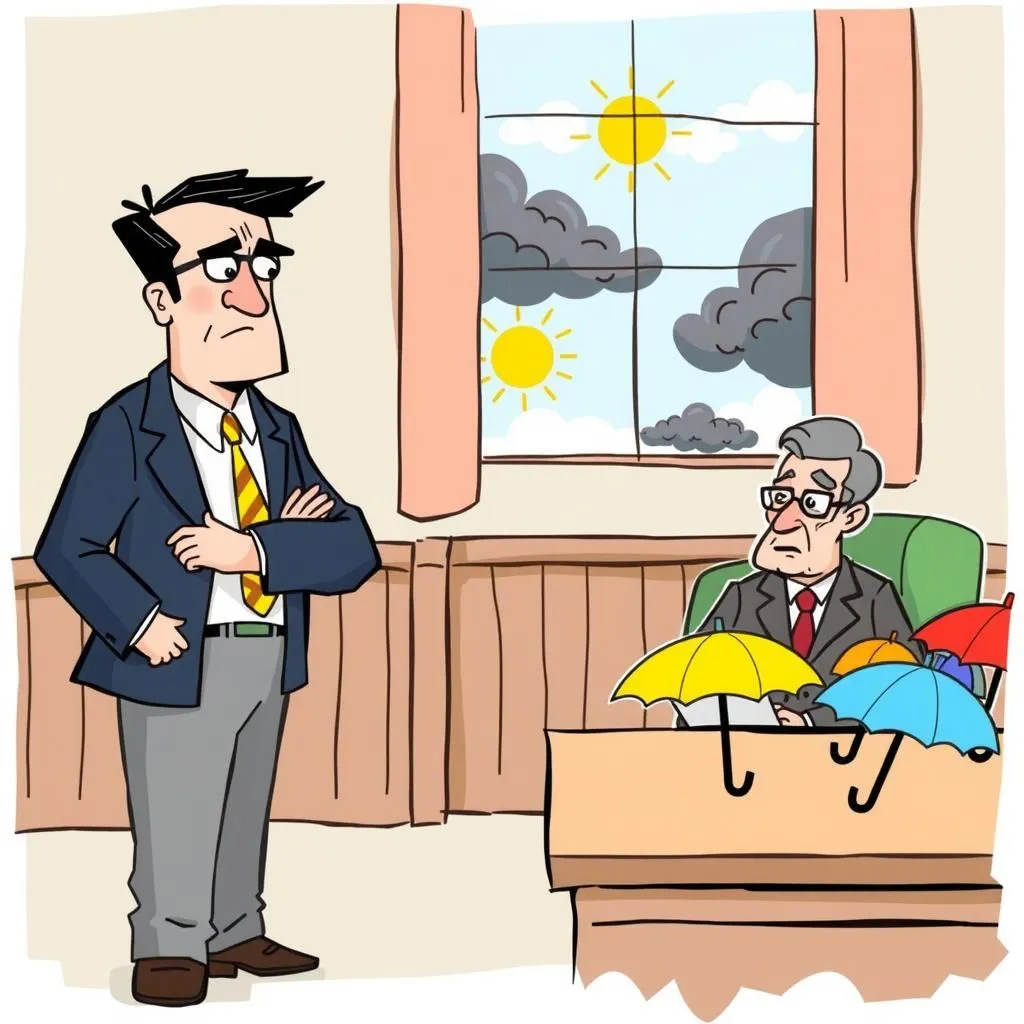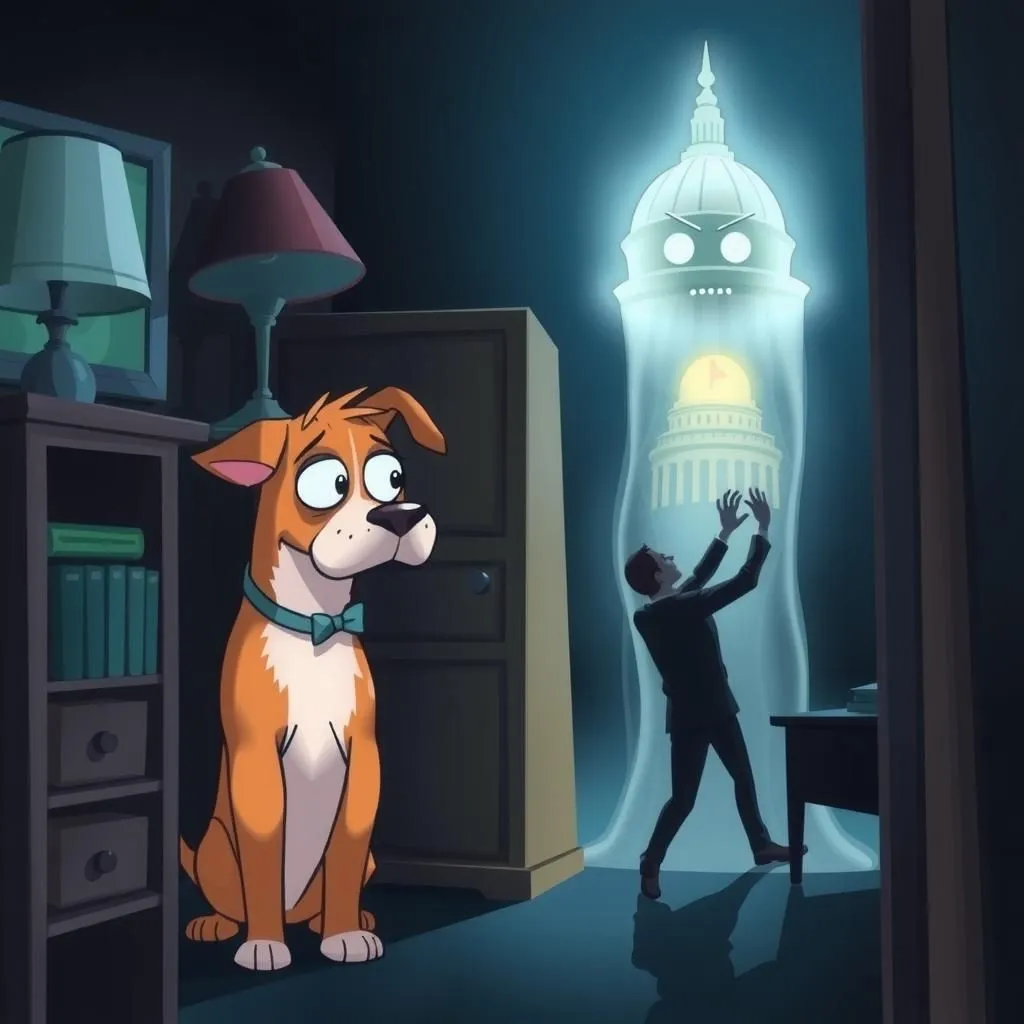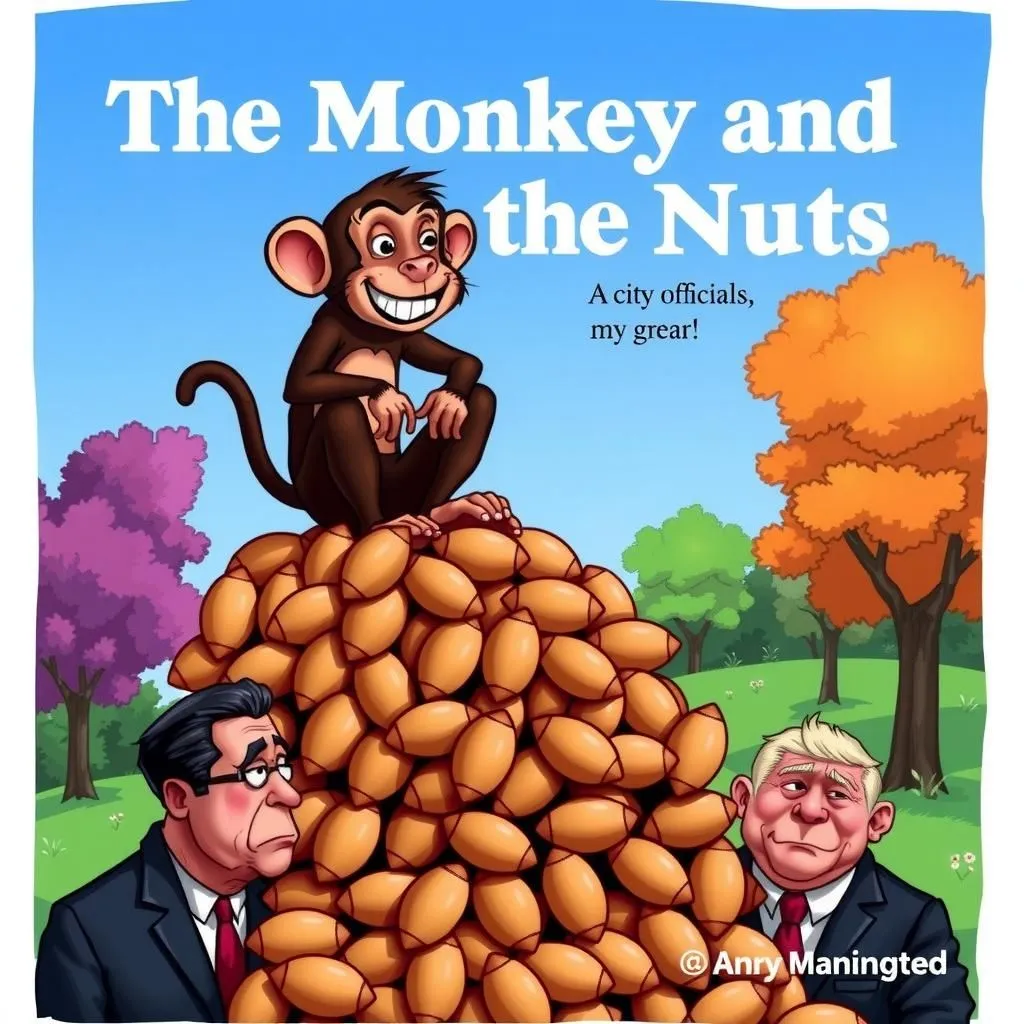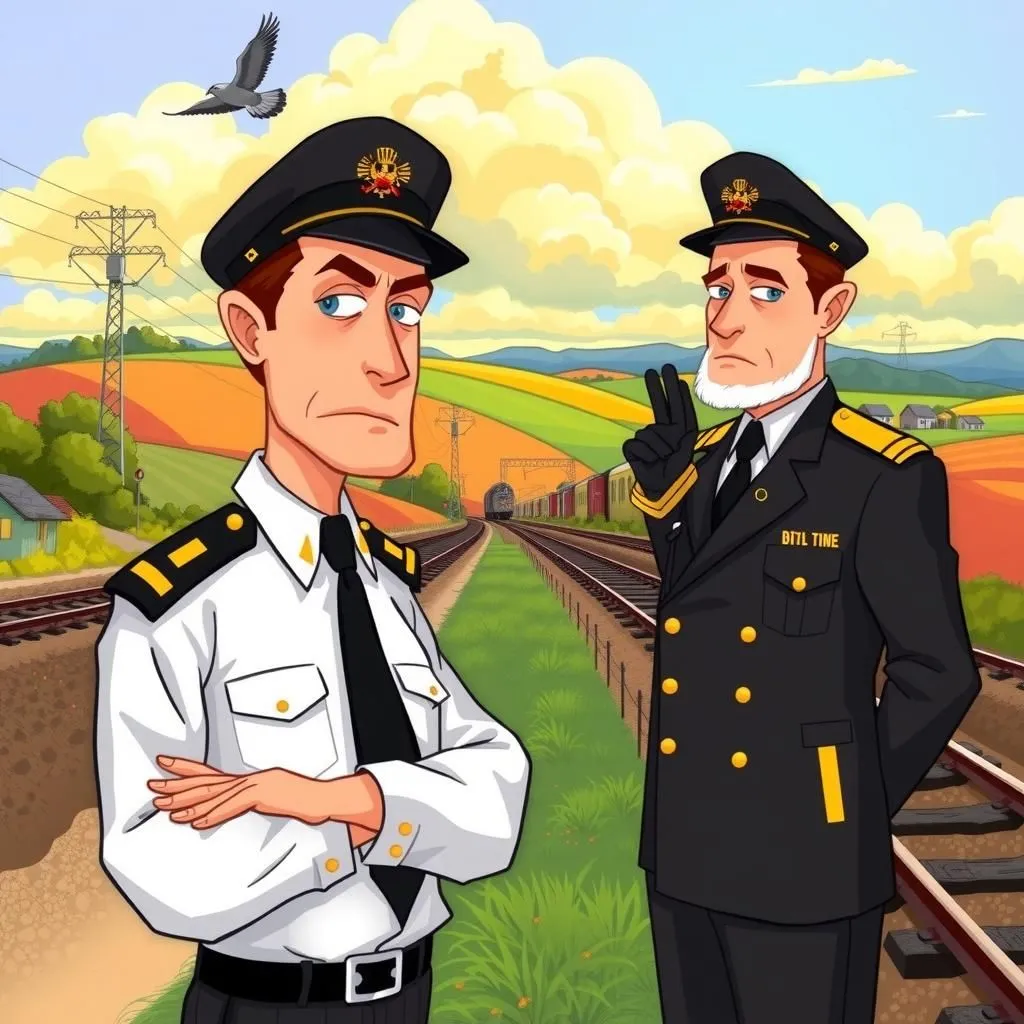
A Forfeited Right
In "A Forfeited Right," a Thrifty Person sues the Chief of the Weather Bureau after relying on his accurate weather prediction to stock umbrellas that ultimately go unsold. The court rules in favor of the Thrifty Person, highlighting the moral lesson that one can forfeit their right to truthfulness through a history of deception. This classic moral story serves as an inspirational reminder about the importance of integrity and trustworthiness in communication.


